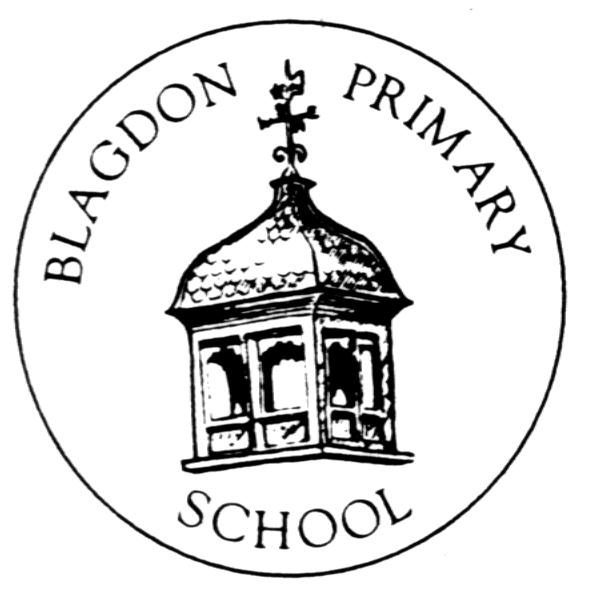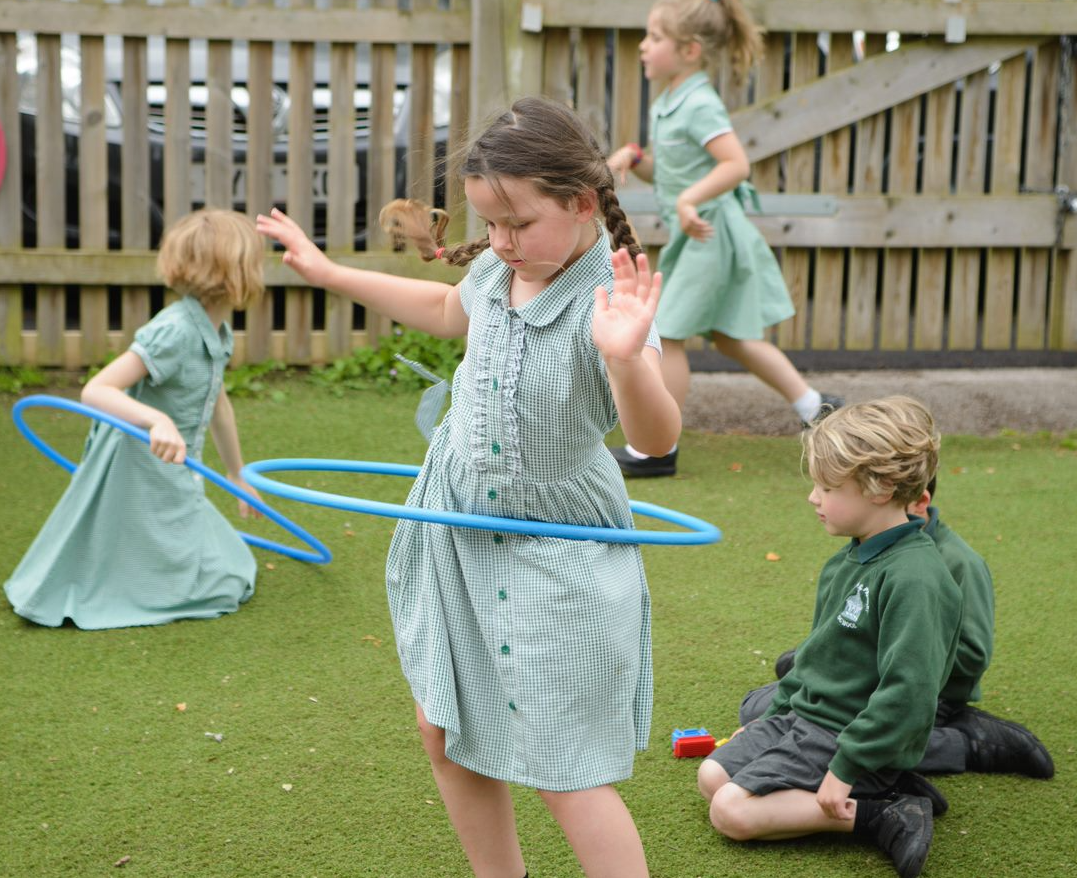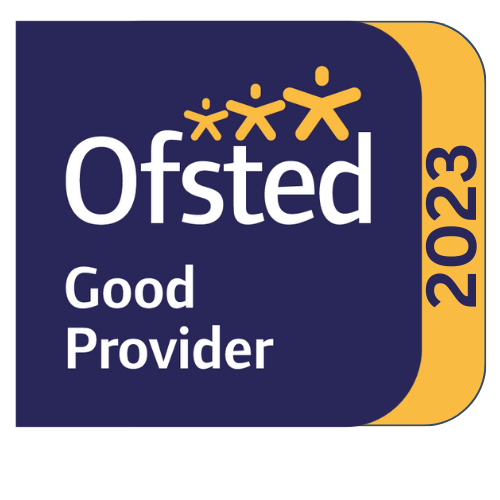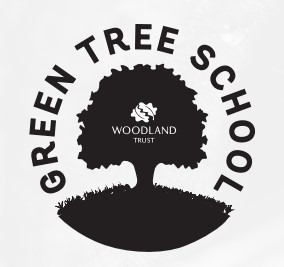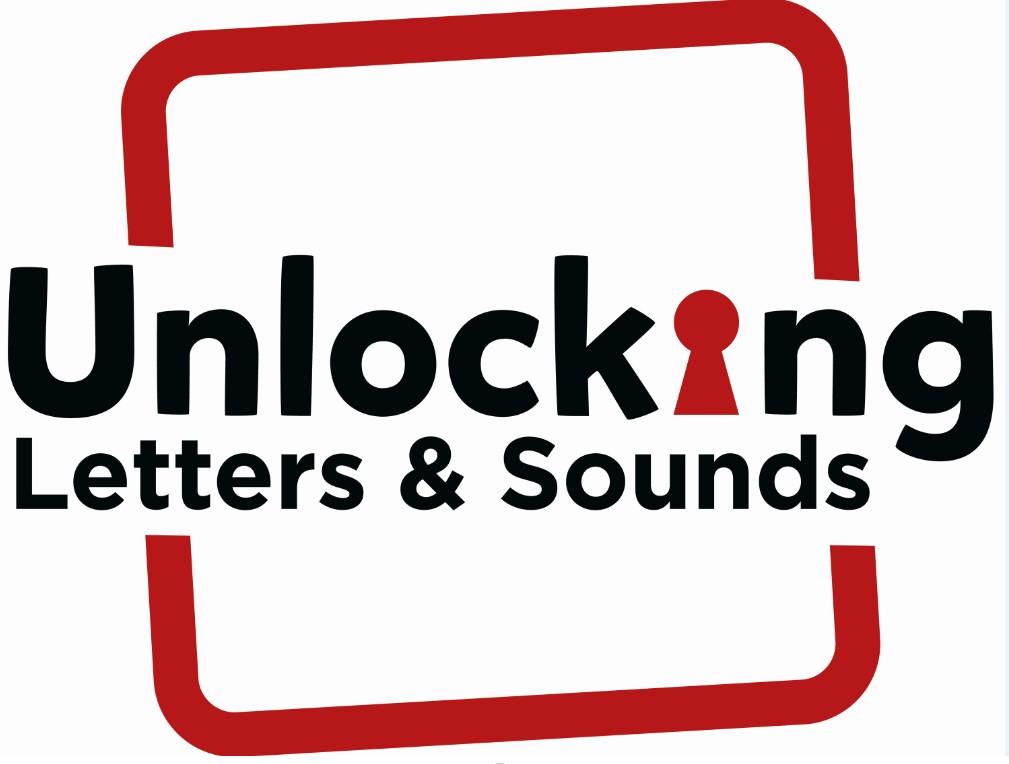Outdoor Play and Learning
Play at Blagdon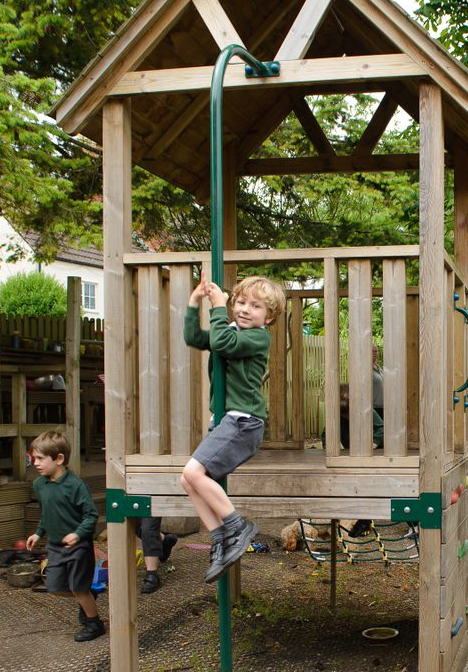
Despite being a small school, we endeavour to offer our children a variety of opportunities for play. Our children enjoy playing together in mixed age groups and share our relatively small but varied site. We have a number of interesting play areas which offer opportunities for children to play in different ways and select from a wide variety of equipment. That said, like many things, it can always be better! We have been awarded the PLATINUM award for play following our work on the OPAL Primary Programme.
Play forms part of one of our strategic aims is to:
To develop the role of play in enhancing well-being and providing opportunities for physical and personal development
This is achieved by:
· Developing a play committee to involve all stakeholders in the development and implementation of play provision for the school
· Developing areas of the school grounds to maximise opportunities for play
· Training staff to help facilitate a wider variety of types of play
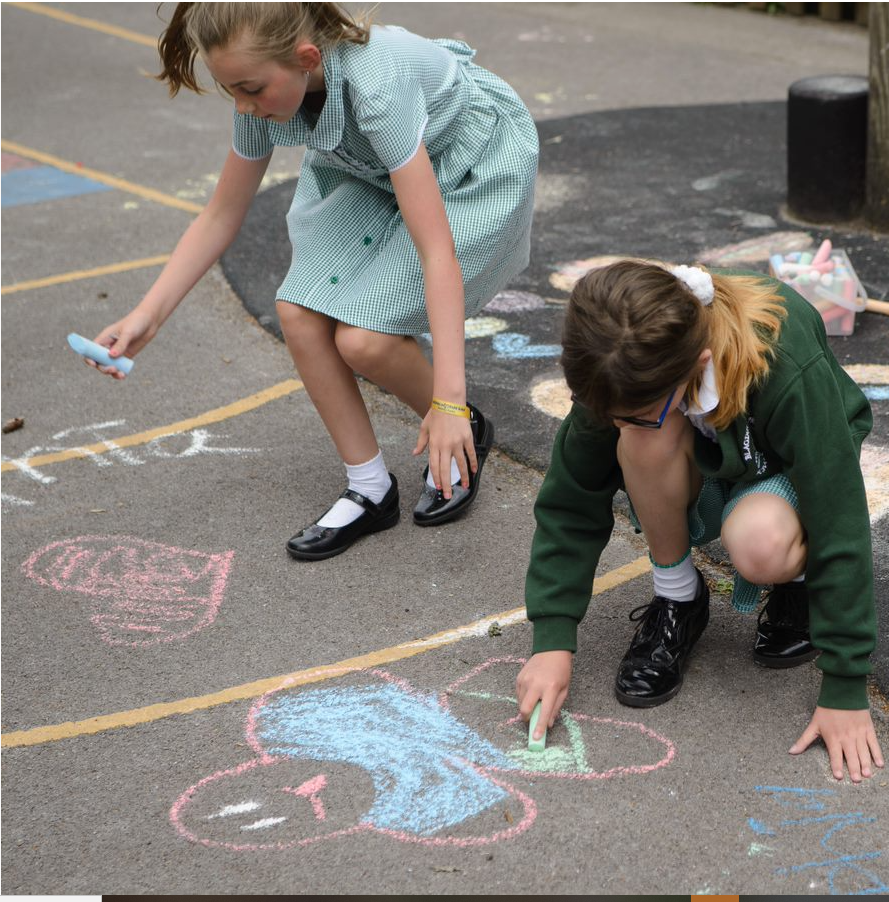
Children in British primary schools spend 20% or 1.4 years of their school attendance in play and yet many schools have no strategic or values-based approach to play across all ages. The Outdoor Play and Learning (OPAL) Primary Programme is a mentor supported school improvement programme. It addresses all of the areas schools must plan for if they want to strategically and sustainably improve the quality of their play opportunities.
Research shows that play contributes to children’s physical and emotional health, well-being, approach to learning and enjoyment of school. Given the importance of play in children’s lives and current concerns about children’s health and opportunity to access time and space to initiate their own play outdoors, there are considerable benefits for children, parents, school and the wider community from participating in OPAL's programme.
One of the reasons we are carrying out this programme is that childhood has changed and many children no longer get their play needs met out of school.
- Average screen time per day 5 hours
- Average outdoor play time per week 5 hours
- Percentage of UK children who only play outdoors with other children at school 56%
What is a typical day like?
All children in the school (from Reception to Year 6) have the freedom to play where they choose within the school grounds (outside). A variety of zones, stations, equipment, activities and areas are available to the children and these may vary each day depending on what the children choose to do.
Equipment and Zones could include (but are not limited to):
- Tyres and planks
- Mud kitchen/cafe
- Small world (e.g. dinosaurs, cars, fantasy world)
- Mini-beast / plant exploring
- Bikes and other means of transport/travel
- Hoops, balls, skipping ropes
- Sports zone (e.g. football; bench-ball; netball; cricket) including those run by Sports Leaders from Years 5 and 6 or our Sport Coach
- Sand-play / sandpit
- Big chalks and bubbles
- Crates, containers, fabric, nets and cardboard boxes (e.g. for den building or whatever the children choose to do)
- Performing (e.g. music, drama, dressing up)
Each part of the playground is supervised by Play Leaders, so no child is ever out of sight or sound.
Children are asked to be responsible for the equipment and tidying it away at the end of the session.
The benefits of play
1. Children learn through their play.
Don’t underestimate the value of play. Children learn and develop:
- Cognitive skills – like maths and problem-solving in a pretend grocery store
- Physical abilities – like fundamental skills, balancing and travelling on the playground
- Fitness – expending more energy and effort as they explore and engage in active play
- New vocabulary – like the words they need to play with toy dinosaurs or insects
- Social skills – like playing together in a pretend car wash
- Literacy skills – like creating a menu for a pretend restaurant
2. Play is healthy.
Play helps children grow strong and healthy. It also counteracts obesity issues facing many children today.
3. Play reduces stress.
Play helps our children grow emotionally. It is joyful and provides an outlet for anxiety and stress.
4. Play is more than meets the eye.
Play is simple and complex. There are many types of play: symbolic, sociodramatic, functional, and games with rules–to name just a few. Researchers study play’s many aspects: how children learn through play, how outdoor play impacts children’s health, the effects of screen time on play, to the need for a break in the school day.
5. Make time for play.
Play supports our children’s learning. We can make sure they have as much time to play as possible during the day to promote cognitive, language, physical, social, and emotional development.
6. Play and learning go hand-in-hand.
They are not separate activities. They are intertwined. Children often enact and explore what they have earned when they are playing outside.
7. Play outside.
Remember your own outdoor experiences of building forts, playing on the beach, sledding in the winter, or playing with other children in the neighbourhood? Playing makes sure our children create outdoor memories too.
8. Trust your own playful instincts.
Remember as a child how play just came naturally? Giving our children time for play is important so they can see all that they are capable of when given the opportunity.
9. Play is a child’s context for learning.
Children practice and reinforce their learning in multiple areas during play. It gives them a place and a time for learning that cannot be achieved through completing a worksheet. For example, when playing in the ‘mud café’, children write and draw menus, set prices, take orders, and create the ‘food’. Play provides rich learning opportunities and leads to children’s success and self-esteem.

For more information on the OPAL Primary Programme, please visit their website.
